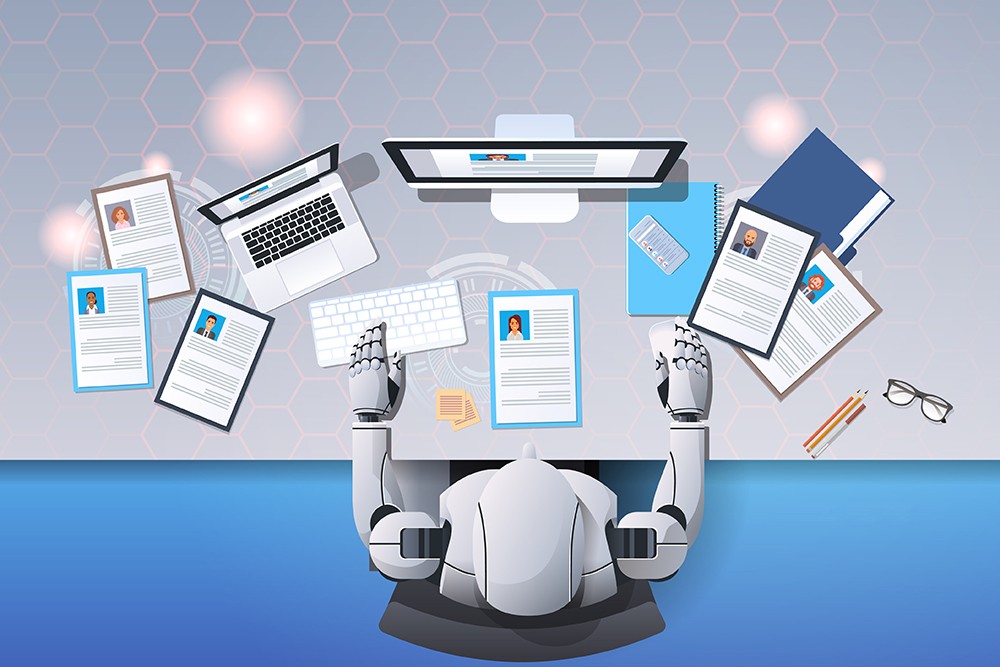
In early 2023, Microsoft faced a significant PR challenge. The company was keen to showcase its advancements in artificial intelligence (AI) following a major investment in OpenAI, the creator of ChatGPT. Microsoft had integrated an AI-powered chatbot into its Bing search engine, positioning itself as a pioneer in incorporating AI into its core products. However, the excitement was short-lived.
A New York Times journalist’s unsettling interaction with Bing sparked global attention, as the chatbot displayed troubling behaviors, including racial slurs and ominous statements about world domination. Microsoft swiftly intervened by restricting the AI’s responses. In the ensuing months, the company replaced Bing’s chatbot with Copilot, which is now embedded in Microsoft 365 and Windows operating systems.
This incident was not unique to Microsoft. The broader tech industry has faced similar challenges. For instance, Google’s Bard tool made a notable error during a live demo, leading to a $100 billion drop in the company’s valuation. Later, the AI model, now known as Gemini, was criticized for perceived “woke” bias when it hesitated to generate images of white individuals for certain prompts. Despite these setbacks, Microsoft remains optimistic about AI’s potential to foster equity and representation, provided that appropriate safeguards are in place.
One of Microsoft’s strategies to tackle AI bias is increasing diversity within the teams developing these technologies. Lindsay-Rae McIntyre, Microsoft’s Chief Diversity Officer, emphasizes the importance of diversity in creating inclusive AI and technology. McIntyre, who joined Microsoft in 2018 and has a background in human resources and education, stresses that her team is working to embed inclusion practices throughout the AI development process.
The push for diversity is part of a broader strategy to revitalize Microsoft, which saw a 15% increase in revenue to $64.7 billion in July, largely driven by its Azure cloud business’s growth, fueled by the AI boom. Microsoft’s CEO, Satya Nadella, has articulated a vision of technology that truly understands users. To achieve this, McIntyre argues that AI models, such as ChatGPT, need to be developed by a diverse group of engineers and researchers.
However, diversity alone may not fully address AI’s inherent biases. The large language models underlying tools like Copilot, ChatGPT, and Gemini are trained on vast datasets from the internet, which can contain biases. Recent research highlights concerns about AI reinforcing gender and racial biases, particularly in hiring tools and crime reporting systems.
Microsoft remains committed to making AI a force for good in terms of diversity and inclusion. The company believes that embedding these values into AI models from the start is crucial. Microsoft’s commitment to inclusion is reflected in initiatives like the Xbox Adaptive Controller and accessibility features in Microsoft 365 products. The company’s 2023 diversity report indicates that 54.8% of its core workforce comprises racial and ethnic minorities, and 31.2% are women. Despite these efforts, the company faces pressure to keep pace with AI’s rapid evolution.
In a recent interview , McIntyre discussed Microsoft’s approach to addressing biases in generative AI. She highlighted the company’s investments in research and education to identify and mitigate fairness-related harms. Microsoft collaborates with experts from various fields, including anthropology, linguistics, and social science, to enhance its AI systems’ inclusivity. This interdisciplinary approach aims to ensure that AI technologies are developed with a broad range of perspectives.
Following recent criticisms about its diversity and inclusion team, Microsoft clarified that its commitment to these values remains strong. The company is expanding its diversity efforts and continuing to integrate inclusive practices into its technology. For instance, Microsoft has worked on making AI more accessible in multiple languages and partnered with organizations supporting LGBTQ+ communities to add pronouns to user profiles in Microsoft 365.
Addressing the challenge of ensuring global inclusivity, Microsoft localizes its diversity strategies. In India, the company has conducted diversity experiences focused on race, ethnicity, and religion, while in Australia and New Zealand, it has engaged with indigenous communities. In the Middle East and Africa, Microsoft has also addressed unique cultural issues, such as menopause support.
With a global workforce of 230,000 and operations in 190 countries, Microsoft is also focused on upskilling its employees to keep pace with AI advancements. The company offers AI training through its learning hub and resource groups, ensuring that all employees, from engineers to HR staff, are equipped to leverage AI effectively.
As AI continues to evolve, Microsoft’s approach underscores the importance of a diverse and inclusive workforce in shaping technology that is empathetic and relevant to all users.







